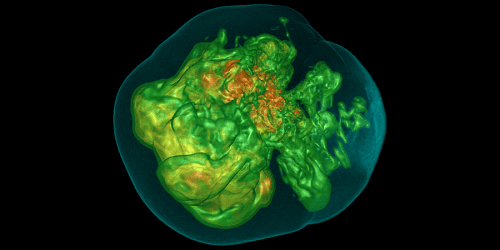There’s a simple solution to our salt addiction – we must adopt it now


Back in 1960, most of the world’s population was deficient in the micronutrient iodine, with severe consequences for public health. By 2020, only 21 countries were iodine-deficient – down from 113 in 1990 – and 90 per cent of people were consuming enough.
The solution? Adding iodine to table salt. Iodisation of the salt supply was strongly supported by the salt industry and governments, and is arguably one of the most effective public heath interventions of all time.
In 2024, the world is facing a similar public health crisis. High blood pressure, or hypertension, is the leading cause of illness and death. A major contributory factor is excessive consumption of sodium, which elevates blood pressure. But as we report in “How to easily satisfy your salt cravings without damaging your health“, new research suggests a similarly straightforward fix is at hand: potassium-enriched salt.
That could be a game changer because efforts to reduce sodium intake have failed for various reasons, not least because people like salty foods. Governments and industry must also shoulder some blame. Processed food manufacturers have been slow to enact salt reduction targets while the salt industry has tried to cast doubt on the efficacy and safety of salt reduction, in part by promoting the idea that getting too little is as harmful as having too much.
In any case, the latest scientific insights have put a new solution on the table. Switching to potassium-enriched salt would be a win-win, reducing sodium and also increasing consumption of potassium. This would have a greater impact on blood pressure than just cutting sodium intake alone, according to the latest research. Only 14 per cent of people get enough potassium. Almost everyone eats too much sodium.
If industry won’t act on these insights voluntarily, governments should force the issue. The consequences of hypertension cost healthcare systems a fortune. Enriching salt with potassium, just as we did with iodine, offers a surprisingly palatable way to save lives and money.
Topics:
Read the original article here




